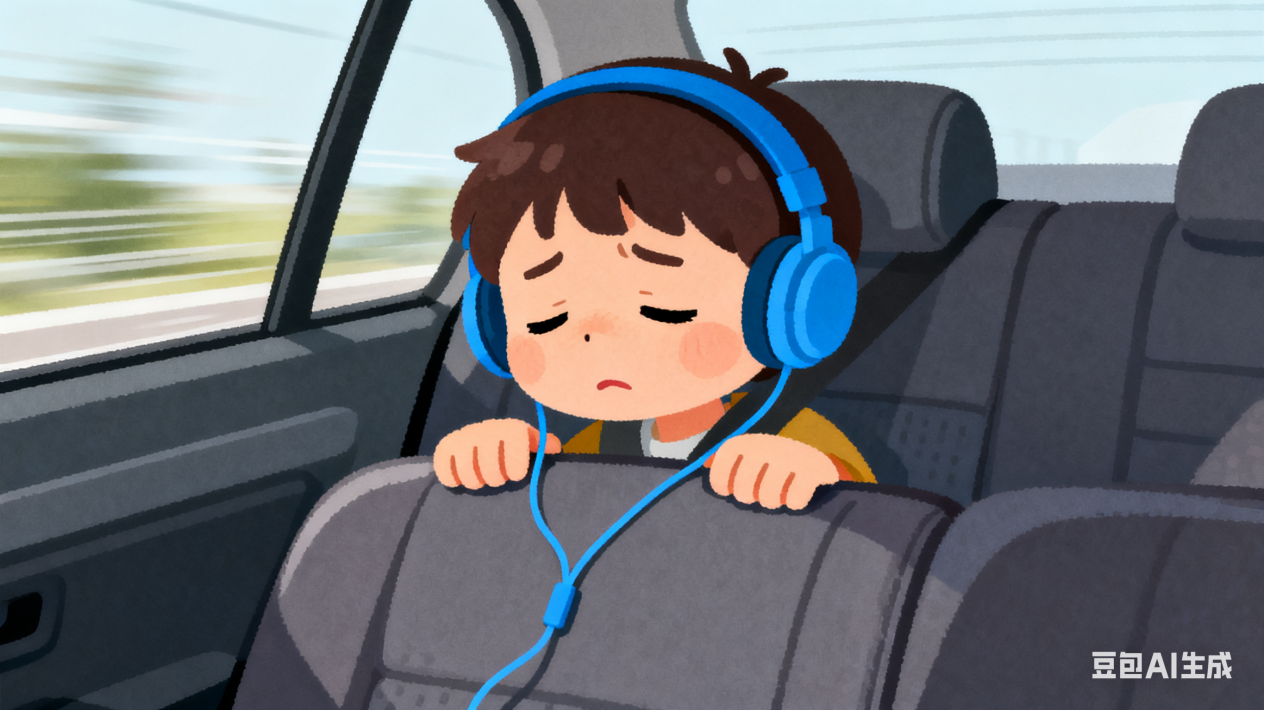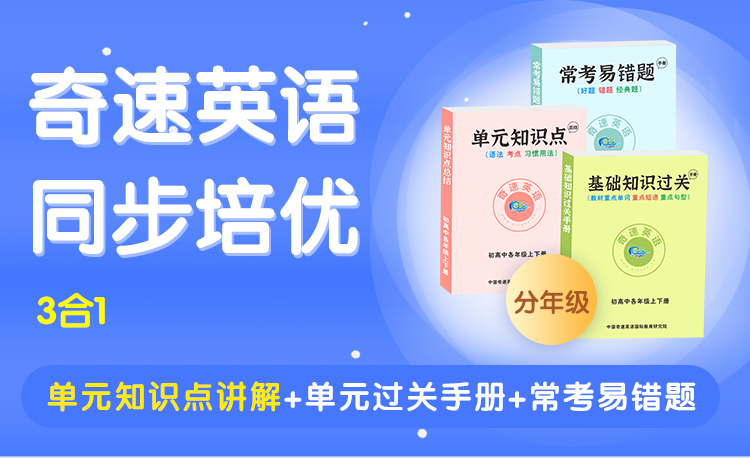
A study published in Frontiers in Human Neuroscience suggests music could be a low-cost alternative to medicine for people suffering from carsickness, seasickness, or flight nausea. Unlike drugs that often cause side effects like drowsiness (睡意), music offers a safe and personalized way to relieve discomfort, according to Dr Qizong Yue of Southwest University, the corresponding author of the study.
The research tested 30 young adults who were moderately prone to motion sickness. They wore EEG caps and sat in a driving simulator that induced carsickness. After feeling queasy, each participant was either given one of four music types (joyful, soft, passionate, sad) or asked to rest quietly. A control group stopped the simulator before getting sick to provide baseline EEG readings.
The results were surprising. Joyful music reduced carsickness by 57.3%, almost as effectively as soft music (56.7%). Passionate music helped 48.3%, while sad music only cut symptoms by 40% — worse than the 43.3% relief from quiet rest. In short, sad songs made people feel more uncomfortable than doing nothing.
EEG data pointed to the brain’s occipital lobe (枕叶), the region responsible for processing vision, as a key site of change during motion sickness. Participants who reported feeling sick showed reduced complexity in their EEG signals, a marker of disrupted neural activity. The more their discomfort eased, the more their brain activity returned to baseline. Soft music appeared to work by calming tension and increasing alpha brain wave activity, while joyful music may have engaged reward circuits that distracted participants from discomfort. By contrast, sad music likely amplified negative emotion.
Dr Yue advised: “Listen to cheerful or gentle music when feeling motion sick — it may work for air or sea travel too.” But the study had limits: only 30 participants and a simulated environment. More research with larger, diverse groups in real settings is needed, as well as exploring how personal music tastes affect results. Still, the takeaway is clear: skip sad songs and choose uplifting music.





 更多优质学习内容
更多优质学习内容



